
Nissan Sees Opportunities in Import Tariff Increases
Nissan, one of the world's leading automotive manufacturers, is turning its attention to changes in the tariff policy of the United States that could open new prospects for growth and enhance its competitiveness in the market. Recently increased levels of tariffs on imported vehicles and automotive parts may impact manufacturers' strategies, especially those relying on overseas supplies.
Continue reading
Chinese TikTok Users Mock Tariffs, Suggest Buying Global Brands Directly
Recently, discussions have emerged in the Chinese segment of TikTok regarding the high tariffs on imported goods from the United States, implemented as part of the economic policy between the two countries. Many users on the platform have started sharing humorous videos showcasing how easy it is to bypass these tariffs by purchasing unique products from international brands like Nike directly, without intermediate sellers.
Continue reading
European Union Approves Retaliatory Tariffs on Billions of US Imports
In recent days, the European Union made a pivotal decision to impose retaliatory tariffs on American goods as a response to actions by the United States. The European Commission approved a bill that targets US imports exceeding 3 billion euros.
Continue reading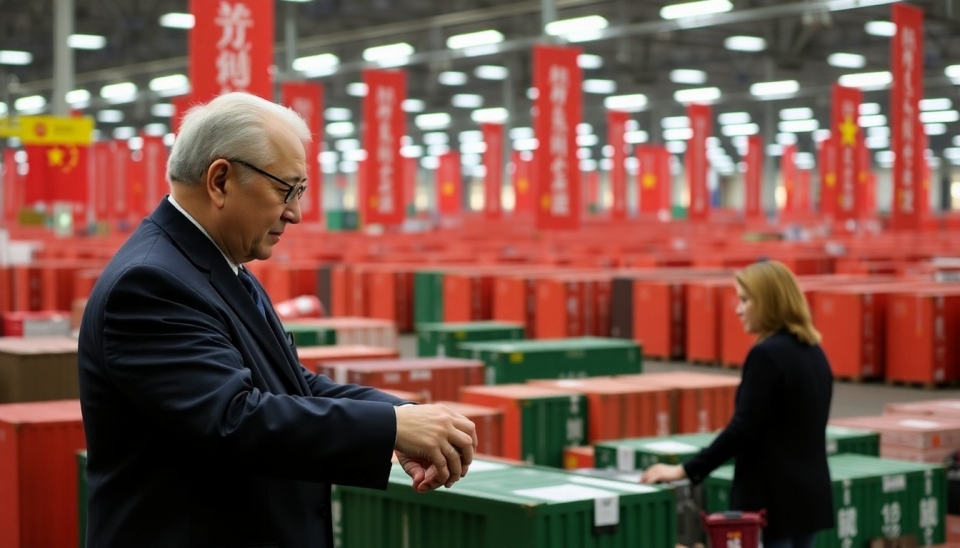
China Increases Tariffs on US Imports to Record High of 84%
China has announced a significant increase in tariffs on American imports, setting new rates as high as 84%. This decision is a response to measures taken by the United States amidst a trade war that has been ongoing for several years. The new tariffs affect a wide range of products, including agricultural goods, technology, and consumer items.
Continue reading
Trump's Tariffs: A New 10% Baseline on Imports from Many Countries
Recently, President Donald Trump announced the implementation of a new baseline tariff of 10% on imports from many countries. This move is a response to the ongoing trade imbalance and the economic situation developing globally. According to Trump, this decision aims to protect American manufacturers and workers, who he claims are suffering from unfair competition from foreign companies.
Continue reading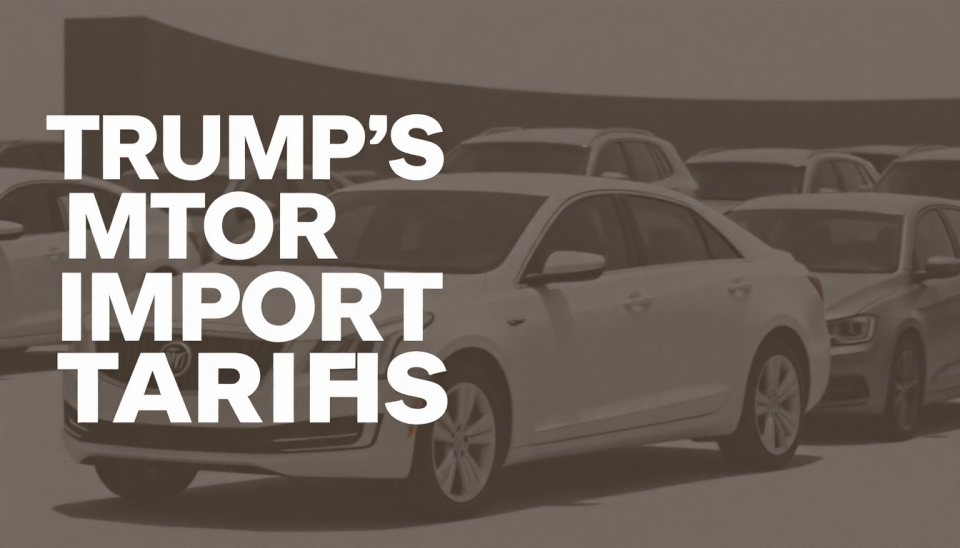
Trump's Auto Import Tariffs: Who Will Be Most Impacted?
Recently announced tariffs by the Trump administration imposing a 25% duty on auto imports have stirred considerable debate among manufacturers and consumers alike. These measures aim to protect the American automotive industry, but their consequences may be far-reaching. The primary victims of these tariffs will be manufacturers who rely on imported components and finished vehicles, potentially impacting their profitability and competitiveness.
Continue reading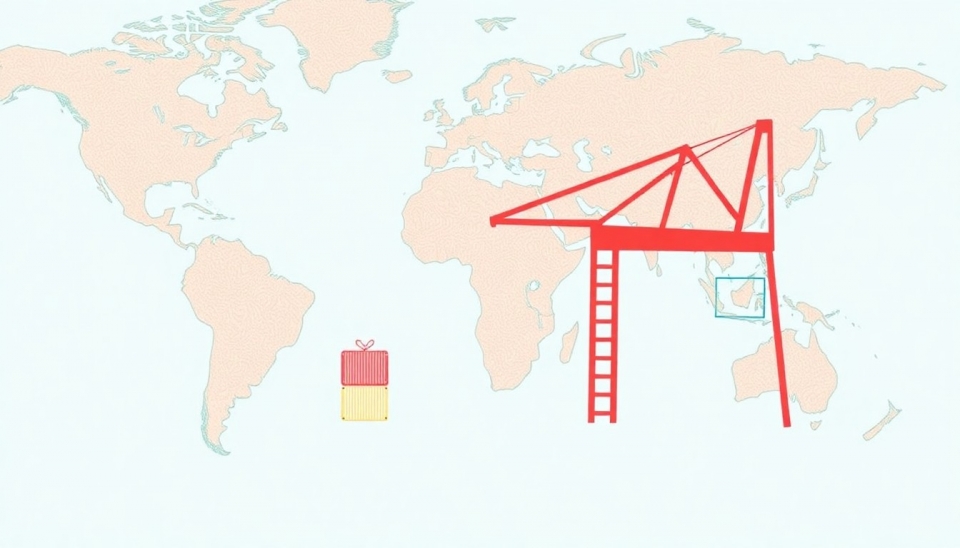
The Wonders of Tax Code: How Businesses Can Avoid 25% Tariffs on Imports
Recent changes in the U.S. international trade policy have led to the introduction of a 25% tariff on certain goods imported from China. However, as experts in tax planning and international trade have discovered, there are loopholes that some businesses can exploit to avoid these tariffs.
Continue reading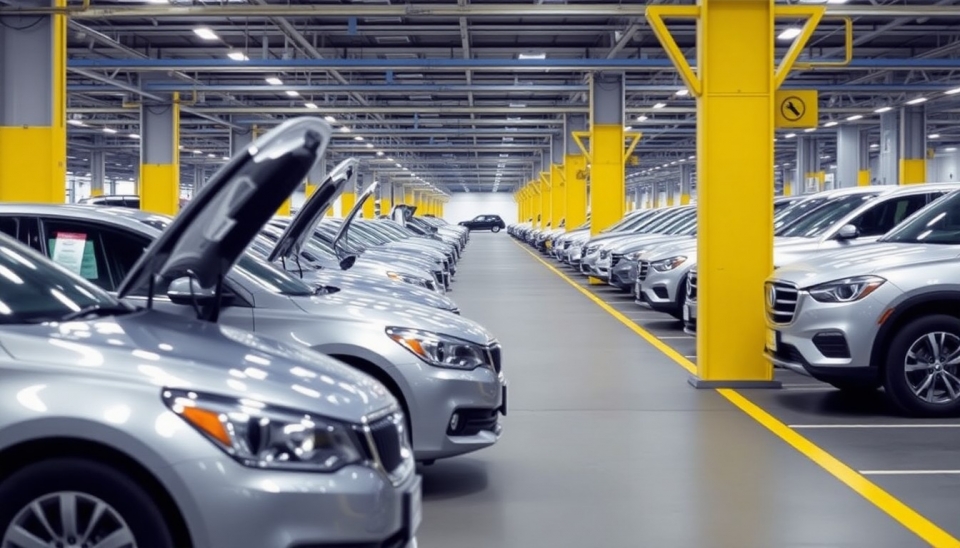
New Tariffs: Who Wins and Loses in the Automotive Industry?
Recent changes in international trade policy have heightened concerns regarding the 25% import tariffs on cars and auto parts. These measures will affect both manufacturers and consumers, sparking a wide range of reactions in the automotive sector. Amidst supply chain crises and rising price pressures, the new tariffs offer fresh opportunities for local manufacturers while adversely impacting certain market segments.
Continue reading
Import of Japanese Cars Becomes More Expensive Due to New Tariffs
Recently implemented tariffs on the import of Japanese cars, known as JDM, have significantly increased the cost of bringing these vehicles to markets in other countries. These changes will affect Japanese car enthusiasts worldwide, posing a serious blow to fans of classic models and tuned vehicles. The high tariff levels may lead to increased prices for such cars and complicate the process of acquiring them for many drivers who dream of owning Japanese "jewels."
Continue reading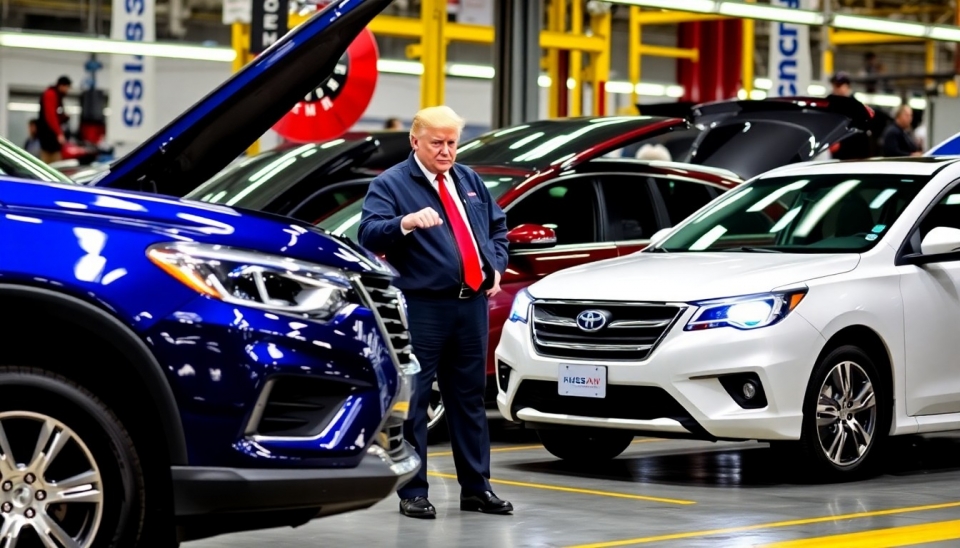
UAW Applauds Trump's 25% Tariff on Auto Imports as a Win for Autoworkers
United Auto Workers (UAW) have expressed their support for former President Donald Trump's decision to impose a 25% tariff on imported automobiles. This tariff, they argue, stands as a significant victory not only for the American workforce but also for the preservation of the U.S. auto industry. By ensuring that imported vehicles are taxed heavily, the UAW believes this policy will help bolster domestic manufacturing, create jobs, and protect existing ones.
Continue reading